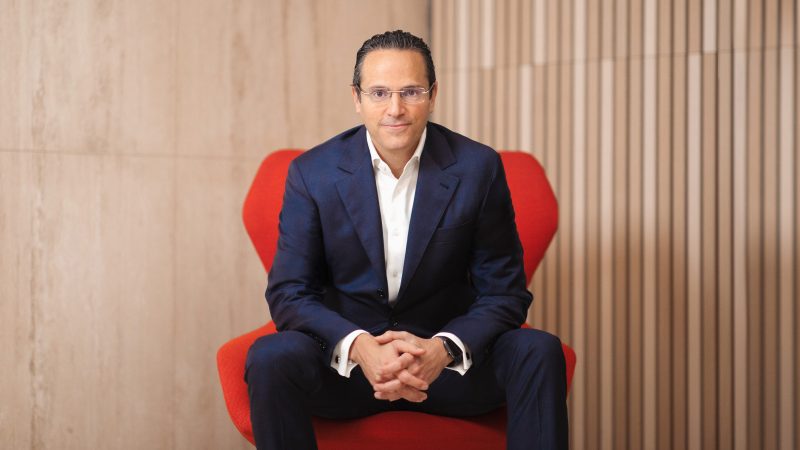The third focus must be on energy security. The ability to import gas quickly from global markets – particularly in the form of LNG – played an indispensable role in keeping the lights on in Europe through the winter of 2022/23.
Europe’s response to the energy crisis was overall a success story. However, there is no doubt that it was detrimental to Europe’s competitiveness. In practice, a significant proportion of reduced demand for gas was a result of factory closures and the relocation of production to regions of abundant energy supply, like North America. Even today, only around half of that demand has returned, indicating a lack of confidence in competitive energy supplies.
European natural gas demand has started to decline, but gas will retain an essential role as a dependable energy source as the energy system ramps up low-carbon solutions. But many might be surprised by the extent our energy system is exposed to geopolitical risks and seasonal fluctuations. For example, in 2022 the rainy season in Brazil meant the country could produce more hydropower, with a knock-on effect that LNG bound for Brazil could be redirected to Europe. In future, winter shortfalls of solar or droughts affecting hydropower could have the opposite effect.
LNG is the only technology that can currently compensate for such fluctuations on a global scale. I have no doubt that stationary batteries and smart charging will play a vital role in the energy transition – and Shell is developing both. But the reality today is that a single LNG tanker carries as much energy as 20 million electric car batteries.
The EU must be more forward-looking in how it buys and uses gas, making the most of the size of its market. This would involve recognising the importance of long-term LNG contracts – which protect against being beholden to volatile prices – to the continent and leading the way in helping to lower the greenhouse gas footprint of gas use. If it does, Europe will remain an attractive destination for global gas supplies and see its energy security significantly strengthened.
Beyond security of supply, the EU, as well as companies like Shell, must also continue to drive down emissions of methane – a potent greenhouse gas – from the production and processing of natural gas and oil. We are proud to have led industry’s support for a strong international dimension in the EU’s flagship new Methane Regulation. The EU can lead the way in driving down emissions by effectively applying the new rules across the single market and beyond.
Without even bolder action and implementation, Europe risks falling behind. Schuman’s successors must reaffirm the pivotal role of energy for Europe’s success – and draw on the industry expertise and experience available to them in the region. By proactively tackling the challenges of the energy transition, the EU’s competitiveness, and its energy security together, Europe has a better chance of making progress. At Shell, we are ready to play our part in helping to shape a climate-neutral, more competitive, and more secure Europe.
Source link : https://www.euractiv.com/section/energy-environment/opinion/european-competitiveness-in-the-energy-transition-shells-views-for-the-next-eu-cycle/
Author :
Publish date : 2024-09-16 07:00:00
Copyright for syndicated content belongs to the linked Source.
